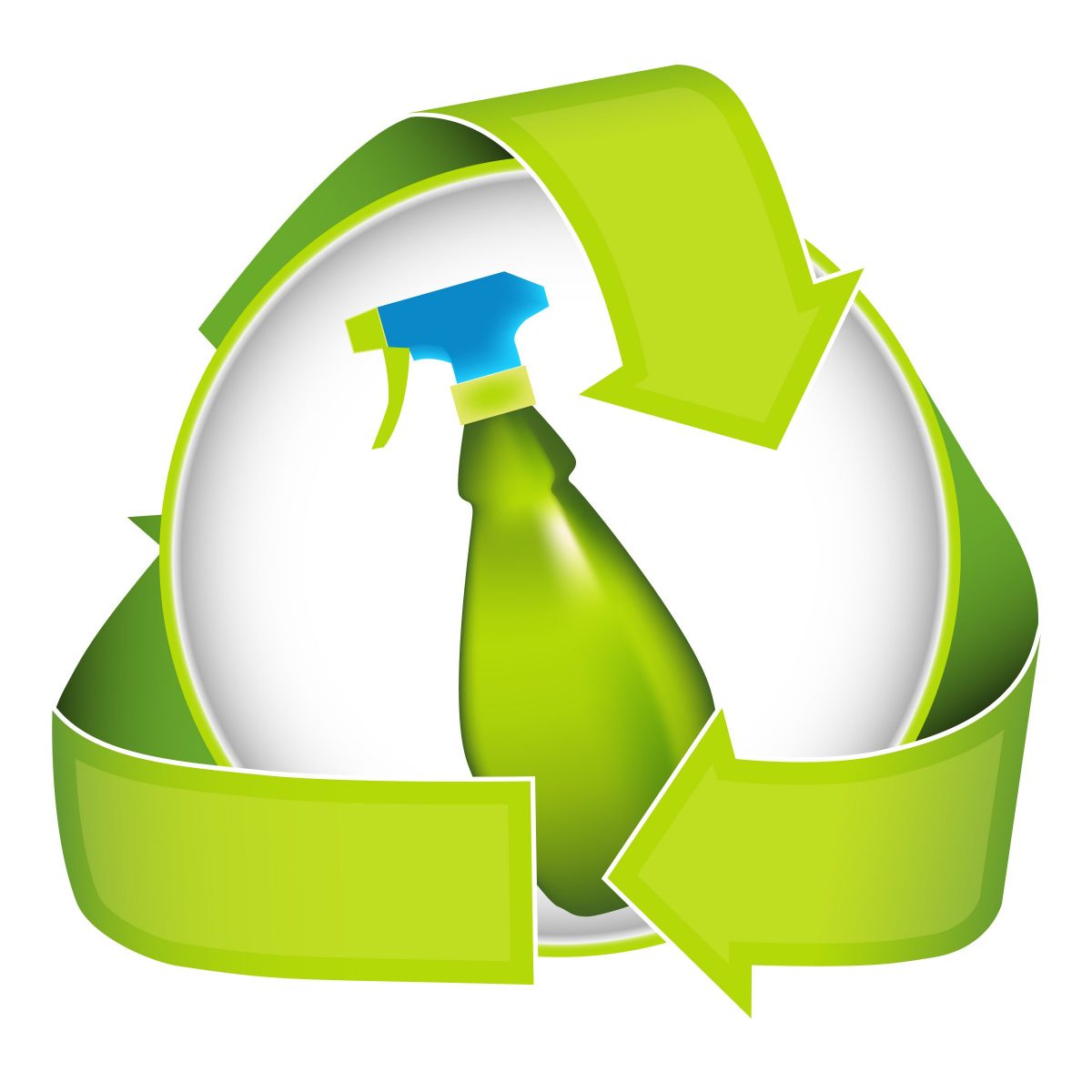Even when the appearance of the metal isn’t important, most metallurgists want to keep steel free from surface oxidation (i.e. rust). Over time, the layer of oxide can penetrate the metal’s crystalline structure, causing it to weaken on the inside until it cracks or breaks apart under stress.
There are numerous coatings that can cause steel to oxidize during the brazing process — a procedure in which two or more metal pieces are fused together using a liquified filler metal that distributes between the pieces through capillary action. Coatings that should be removed to prevent oxidation include: grease, oil, dirt, decals, cleaner residues, and paint.
If coatings are left in place, they can form a stable layer of oxide that prevents workpieces from bonding securely and having strong braze joints. Depending on what type of metal assembly what you’re creating, the situation could be dangerous. Structural assemblies for architecture, aerospace equipment, or automobiles, for example, can ill-afford to have weak braze joints.
Industrial Paint Stripping Chemicals
If you need to remove paint from steel prior to brazing, industrial paint stripping chemicals can make the job easy, but there are three considerations to make before you purchase chemicals: the type of steel you need to braze, whether the chemicals leave a residue, and whether you can use the chemicals in the required amount, as determined by law.
- Type of Steel
The type of steel you need to treat determines the industrial paint stripping chemicals you need. For example, in terms of the metal’s microstructure, there’s a big difference between carbon steel and stainless steel. There’s also a significant difference between grades of carbon steel and stainless steel. Your supplier should be able to identify the right chemicals for the metal.
- Chemical Residue
When it comes to brazing, it’s best not to use industrial paint stripping chemicals that leave a residue, as the residue can behave like a coating and oxidize during the brazing process. In the worst case scenario, the thin layer of oxide the residue produces can be removed through pickling or polishing procedures, but this would increase the cost and turnaround time for the project.
- Usage Volume
If you need to use a large volume of industrial paint stripping chemicals, be sure that none of them are recorded in the Environmental Protection Agency’s (EPA) Lists of Lists. In addition, be certain that no regulations have been placed on a chemical that would interfere with how you need to use it. A supplier of industrial paint stripping chemicals can advise you on these issues.
Who We Are
Ecolink is a industry-leading supplier of green solvent solutions that are environmentally safe and environmentally prefered. We provide a broad array of stock solutions and also create custom blends the meet the requirements of specific customers. If you need industrial paint stripping chemicals for treating steel or other substances, call us today at (800) 563-1305, or send us an email through our contact form. We look forward to hearing from you!















